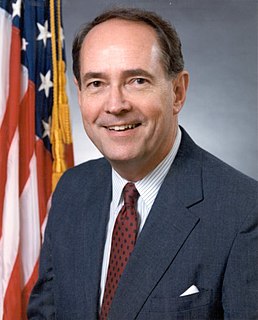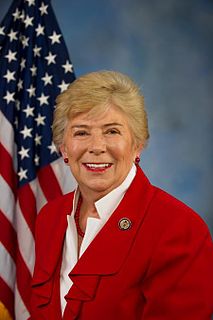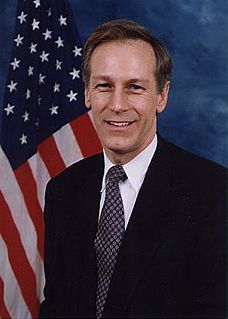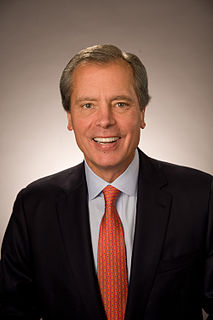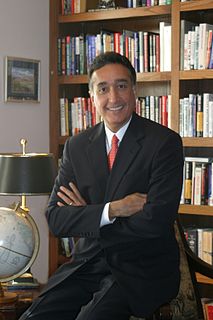A Quote by Hakeem Jeffries
My job in Congress is to identify projects with federal or some other public component and then to push developers to provide employment opportunities to neighborhood residents.
Related Quotes
It may seem strange, but Congress has never developed a set of goals for guiding Federal Reserve policy. In founding the System, Congress spoke about the country's need for "an elastic currency." Since then, Congress has passed the Full Employment Act, declaring its general intention to promote "maximum employment, production, and purchasing power." But it has never directly counseled the Federal Reserve.
If the Federal Reserve pursues a policy which Congress or the President believes not to be in the public interest, there is nothing Congress can do to reverse the policy. Nor is there anything the people can do. Such bastions of unaccountable power are undemocratic. The Federal Reserve System must be reformed, so that it is answerable to the elected representatives of the people.
In 1992, the federal Government actually issued more work authorizations to immigrants and temporary foreign workers than the net number of new jobs created by our economy. Something is fundamentally wrong when we have millions of American citizens and legal residents begging for jobs, and yet we are admitting thousands and thousands of immigrants a year with virtually no consideration to our employment needs or their employment skills.
On the local, state and federal level, government is working alongside veteran's organizations and other stakeholders to provide services such as medical assistance, employment resources, and housing support to veterans and their dependents and survivors. But there are still gaps in services that must be rectified.
A robust internal auditing program shows its presence both at the beginning and end of continual improvement projects. In the beginning, internal audits identify opportunities for improvement, at the end, internal audits provide a mechanism for monitoring the implemented improvement in order to sustain its benefits for the long term.


